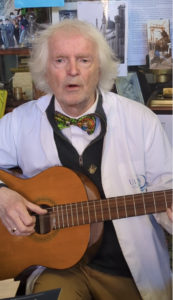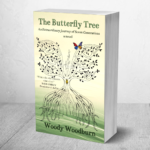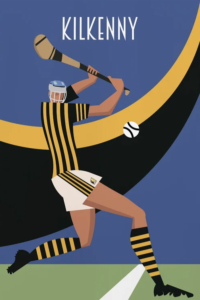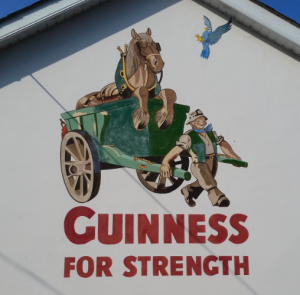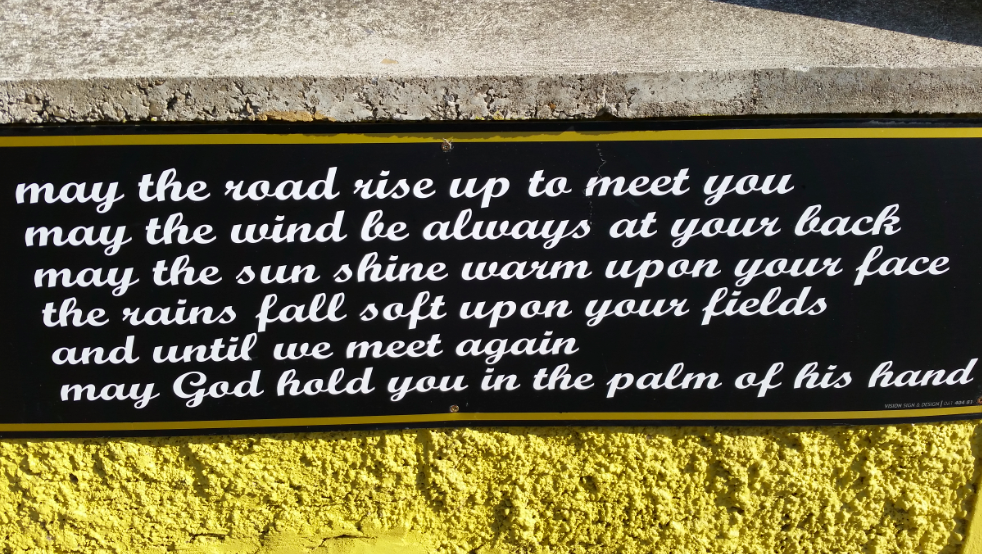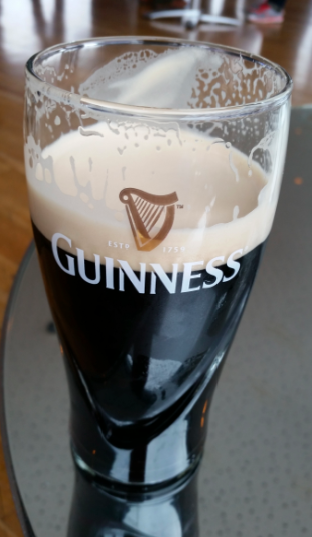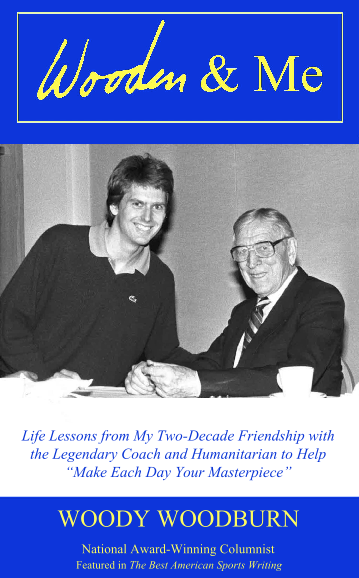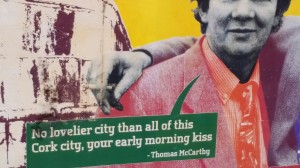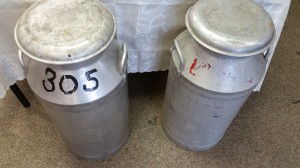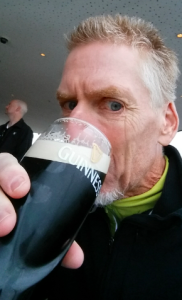My new novel “The Butterfly Tree” is available at Amazon (click here), other online retailers, and orderable at all bookshops.
*
There was no tinkling bell above the door. Instead, my entrance was greeted by a singsong voice as warm as a Writers’ Tears toddy: Helloooo, and where are you from?”
It was not the last music the proprietor of Sweny’s small bookshop in Dublin, Ireland, would treat me to. Shortly thereafter, he retrieved a handsome guitar and sang—in Gaelic, so I have no idea what the words meant, much like reading James Joyce can sometimes feel; yet nonetheless, again like Joyce’s prose, was lovely to the ear.
Patrick Joseph Murphy, introduced in this space two weeks past, is as Irish as his name suggests; so Irish his family founded iconic Murphy’s Stout Brewery in County Cork, some 150 miles southwest from Dublin, in 1856, its dark nectar becoming the first beer transported around the world on refrigerated ships; so Irish his accent makes you think of leprechauns.
In appearance, however, “P.J.”—as he prefers to go by—brings to mind America and Hollywood and “Back to the Future” movies, specifically the charismatic mad scientist, Dr. Emmett Brown, with longish wild electrified white hair and the enthusiastic verbal energy of a lightning bolt.
Also like Doc Brown, and in a nod to his fourth-great-grandfather Frederick William Sweny, who originated the store as a pharmacy in 1853, P.J. always wears a white lab coat at work. Too, on this day, P.J. wore an easy smile and a bowtie as colorful as a stained-glass window.
His family continued to own and run “F.W. Sweny & Co. Ltd. Dispensing Chemists” through 1926, at which time it remained a pharmacy in other hands until 15 years ago when it was sold to become—“Great Scott!” as Doc Brown would say in exasperation—a dispenser of upscale coffee. Unable to bear that thought, P.J., then in his late 60s, reacquired the store and turned it into a bookshop devoted solely to famed Irish writer James Joyce, who frequented the original Sweny’s and included a lengthy encounter within in his epic novel “Ulysses.”
At well over 700 pages, treading fully through the tome is the literary equivalent of climbing Mount Everest; many who begin the journey do not reach the summit—or final page. P.J. admits he quit in the early going the first time, at age 18, he set out to conquer the voluminous volume. Many years later, he tried again and succeeded, and has kept climbing as untiringly as Sisyphus ever since.
At last count, P.J. has scaled Mount “Ulysses” a staggering 73—yes, seventy-three—times! Adding to this Herculean erudite feat, he has done so in all seven languages (English, Portuguese, French, Italian, Spanish, German, Russian) he speaks, often reading aloud to groups he hosts at Sweny’s nearly every evening. Not surprisingly, he readily quotes passages from the novel at length from memory.
“I’ve earned an unofficial PhD when it comes to Mr. Joyce, I should think,” Professor P.J. noted. “I’ve read everything he wrote, though of course ‘Ulysses’ is my favorite.”
Later, during our hour-long visit, he cajoled: “After being in Dublin, you must read ‘Ulysses.’ It’s all about Dublin. After you finish it you can come back from California and we can talk about it more.”
With a wink, P.J. added a nudge: “ ‘Ulysses’ is best enjoyed with the book in one hand and a whiskey in the other.”
“That’s a lot of Jameson,” I laughingly replied, then asked for a shorter Joyce recommendation. Thus I purchased a copy of “Dubliners” that, at only 202 pages, was no threat to push my suitcase overweight as would “Ulysses.”
* * *
Essay copyrights Woody Woodburn
Woody’s new novel “The Butterfly Tree” is now available in paperback and eBook at Amazon (click here), other online bookstores, and is orderable at all bookshops.
*
Woody writes a weekly column for The Ventura County Star and can be contacted at WoodyWriter@gmail.com. Follow him on Twitter and Instagram at @woodywoodburn.


